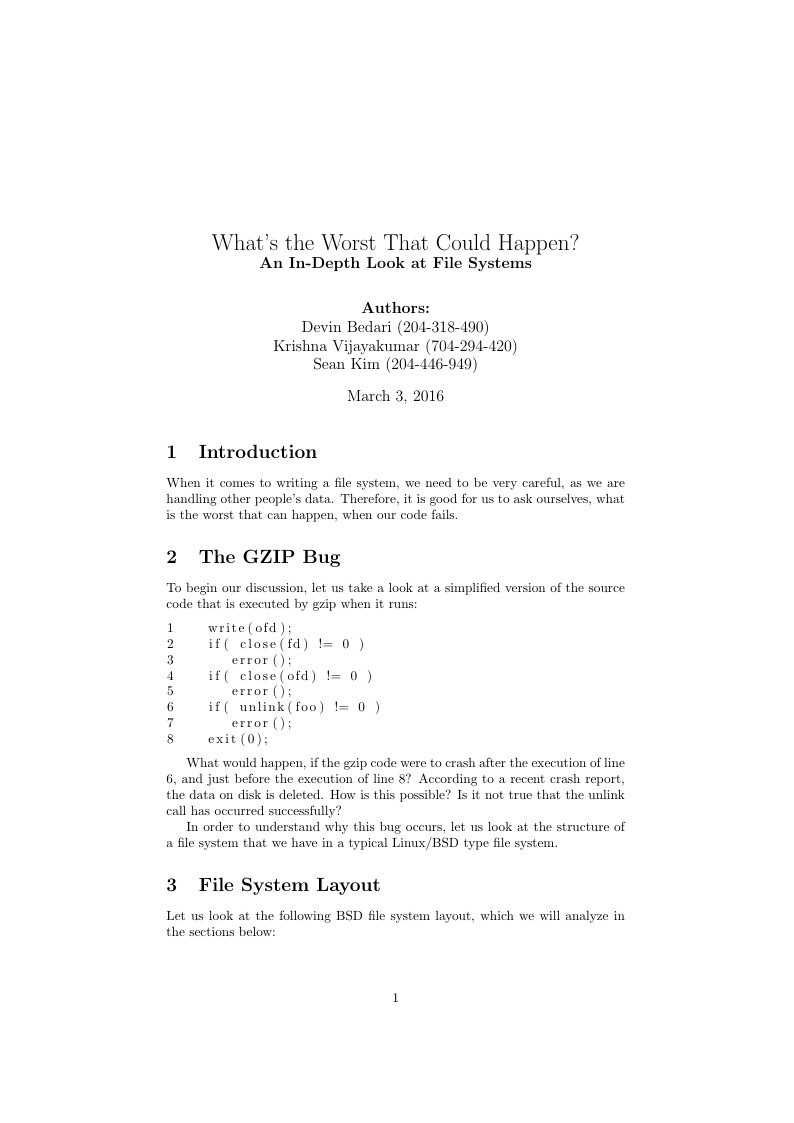LaTeX templates and examples — Lecture Notes
Recent
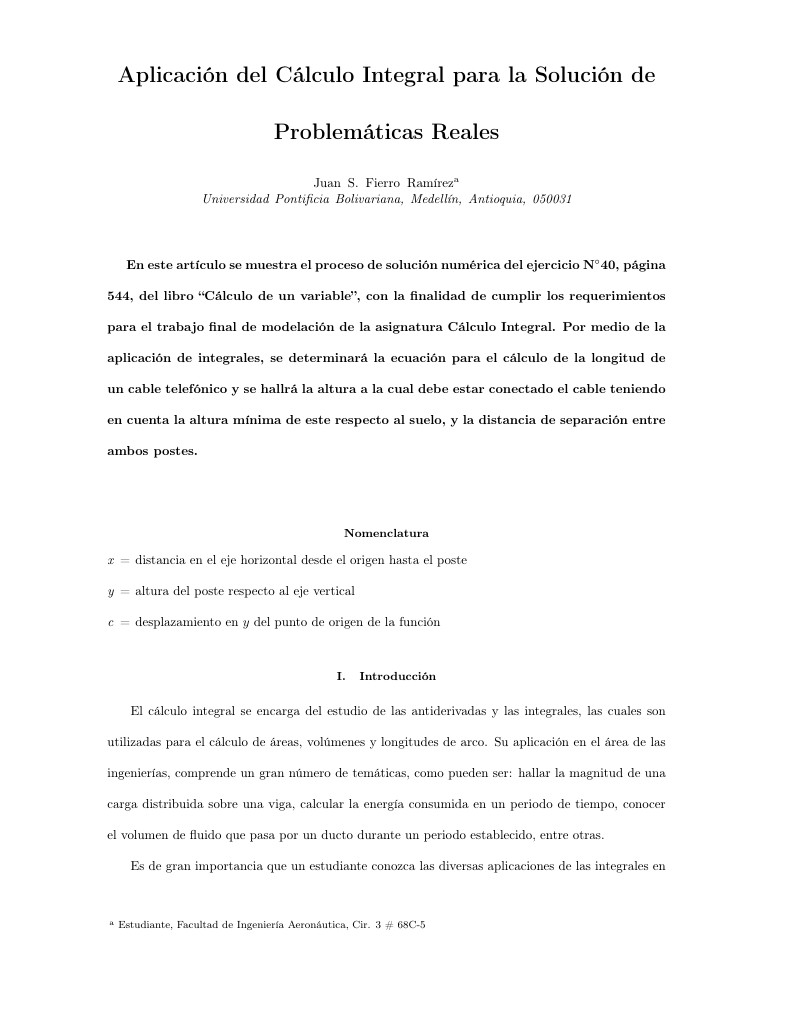
En este artículo se muestra el proceso de solución numérica del ejercicio N°40, página 544, del libro "Cálculo de un variable'', con la finalidad de cumplir los requerimientos para el trabajo final de modelación de la asignatura Cálculo Integral. Por medio de la aplicación de integrales, se determinará la ecuación para el cálculo de la longitud de un cable telefónico y se hallará la altura a la cual debe estar conectado el cable teniendo en cuenta la altura mínima de este respecto al suelo, y la distancia de separación entre ambos postes.
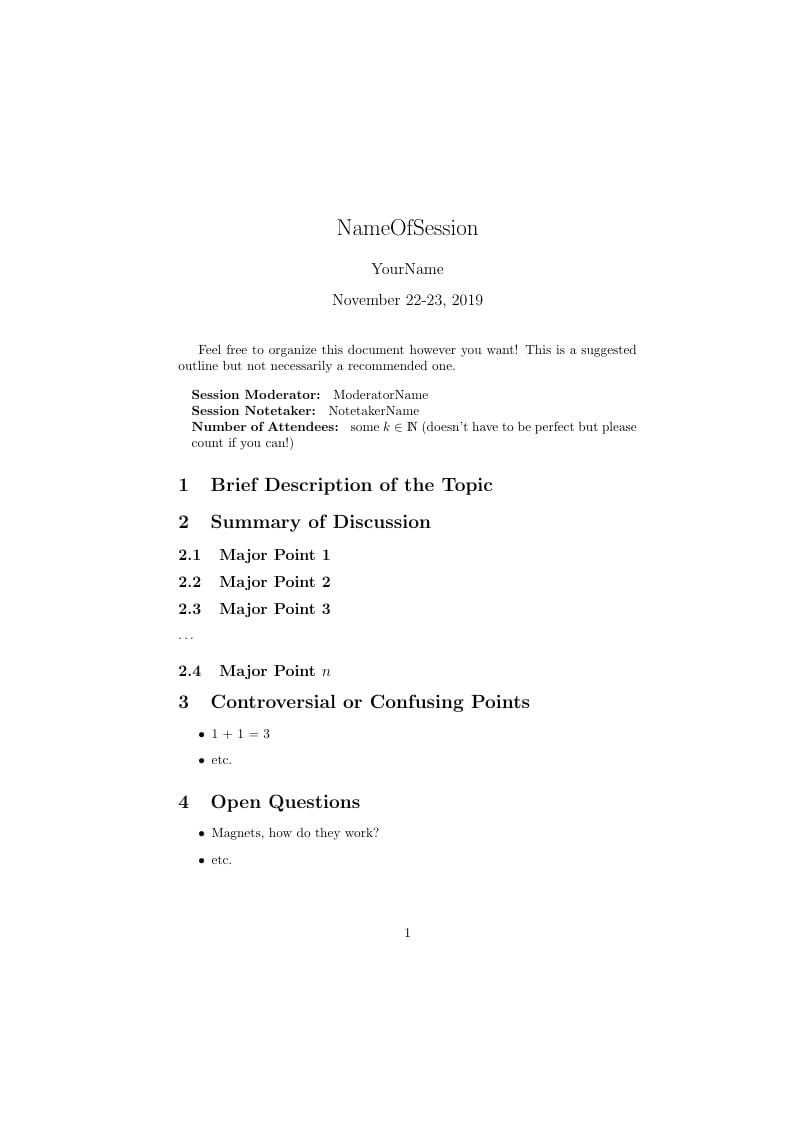
A template for taking notes on breakout sessions
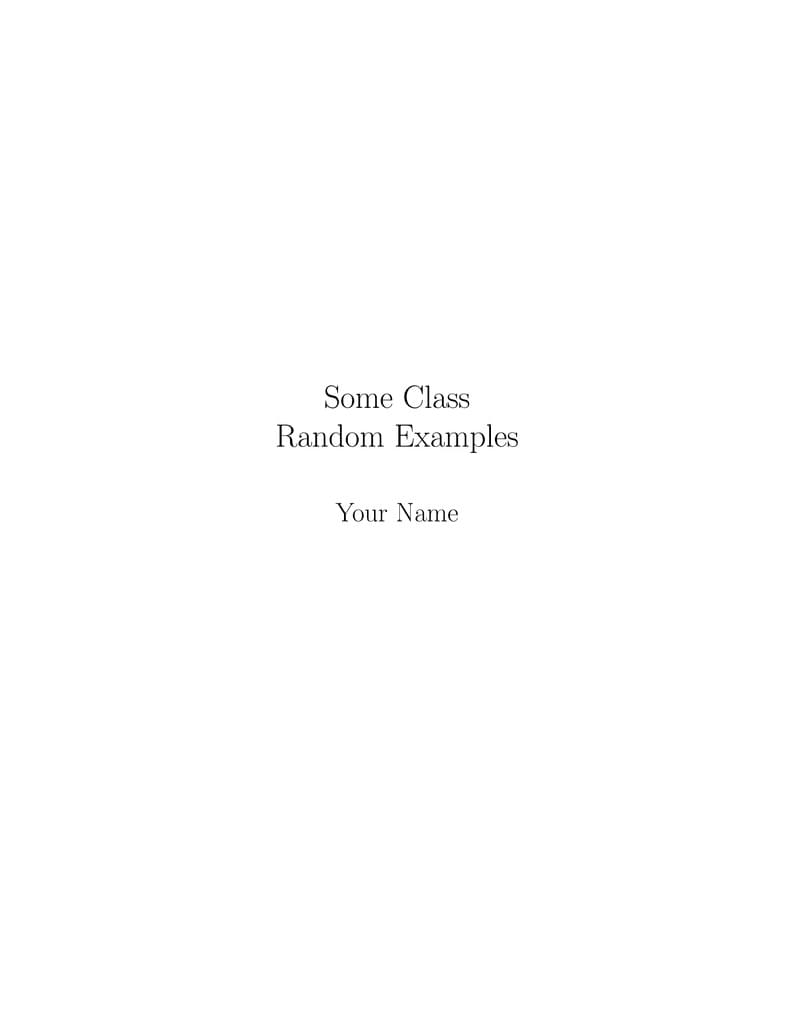
Notes Template
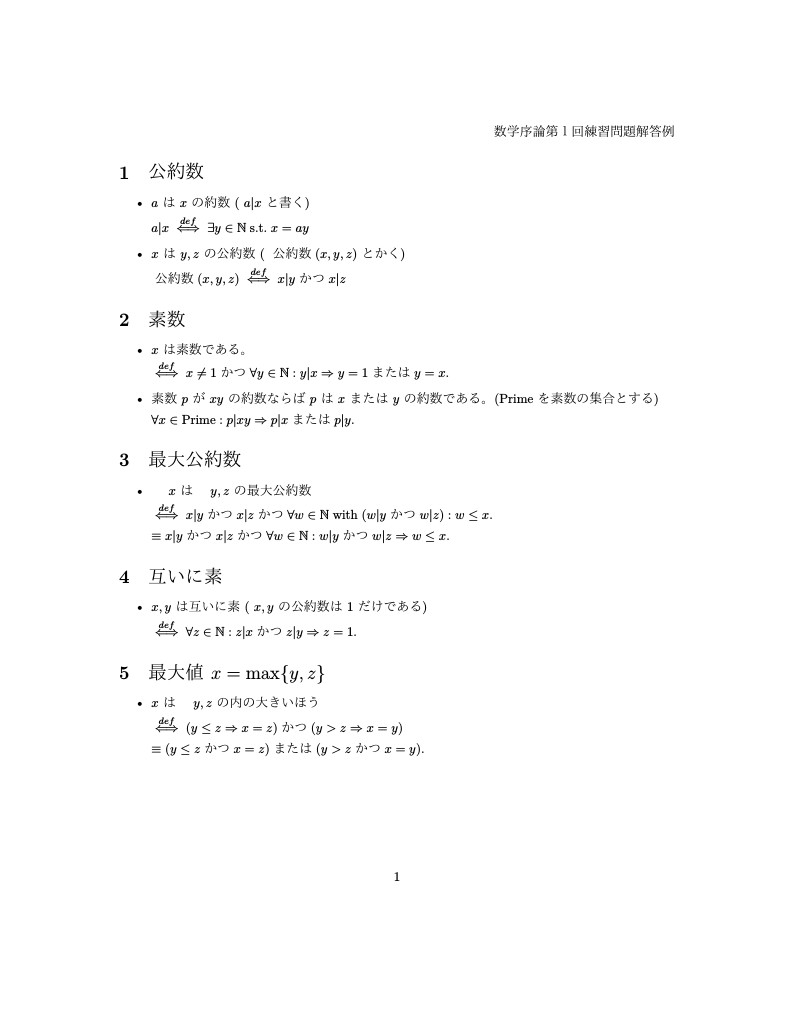
2016年度数学序論IC1クラスの課題用テンプレート
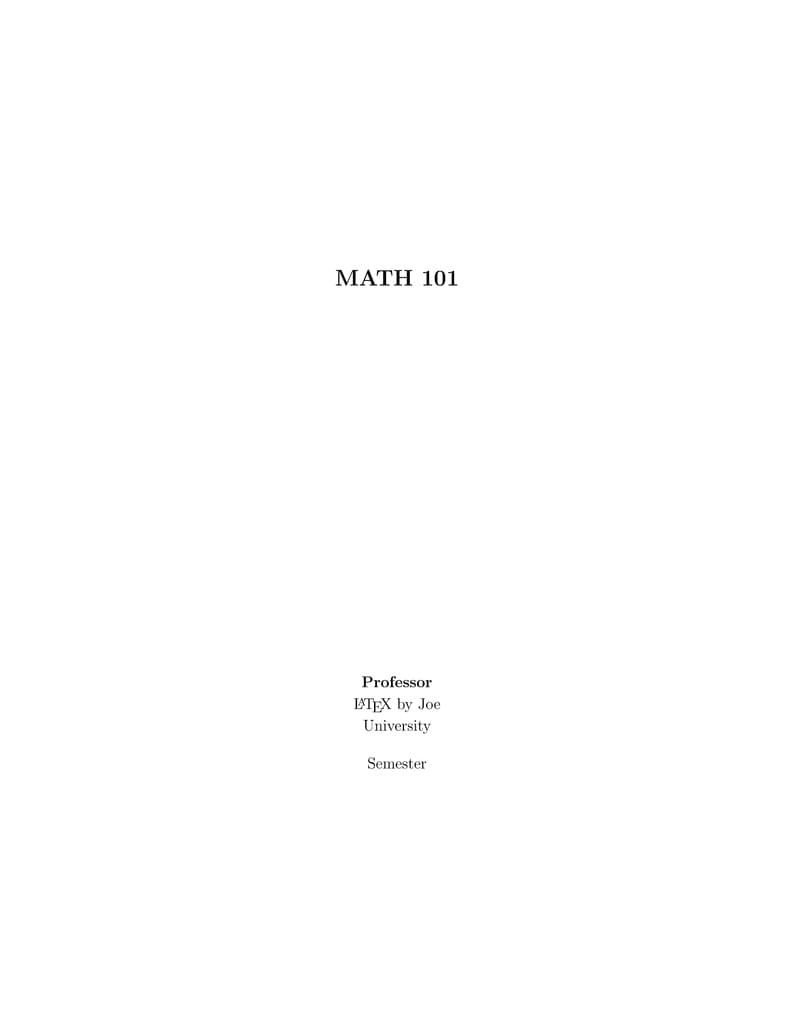
My LaTeX template for math notes with stylized definitions, theorems and lemmas etc. from tcolorbox. https://github.com/LazzzzyJack/math-notes-template
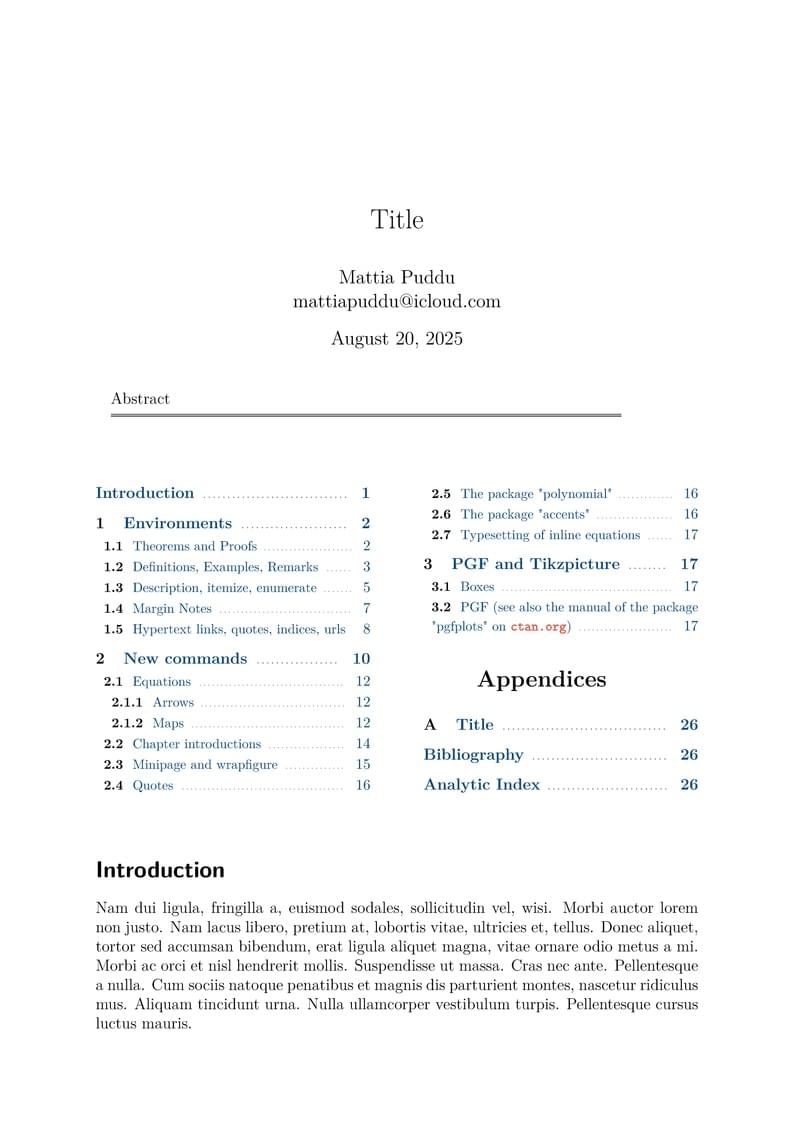
Template Article (edit 20/08/2025: I have improved the environments for theorems, propositions, remarks,... and corrected a few bugs) (edit 31/05/2025: The template is currently set to English; the user should only modify the files indicated in the main document)
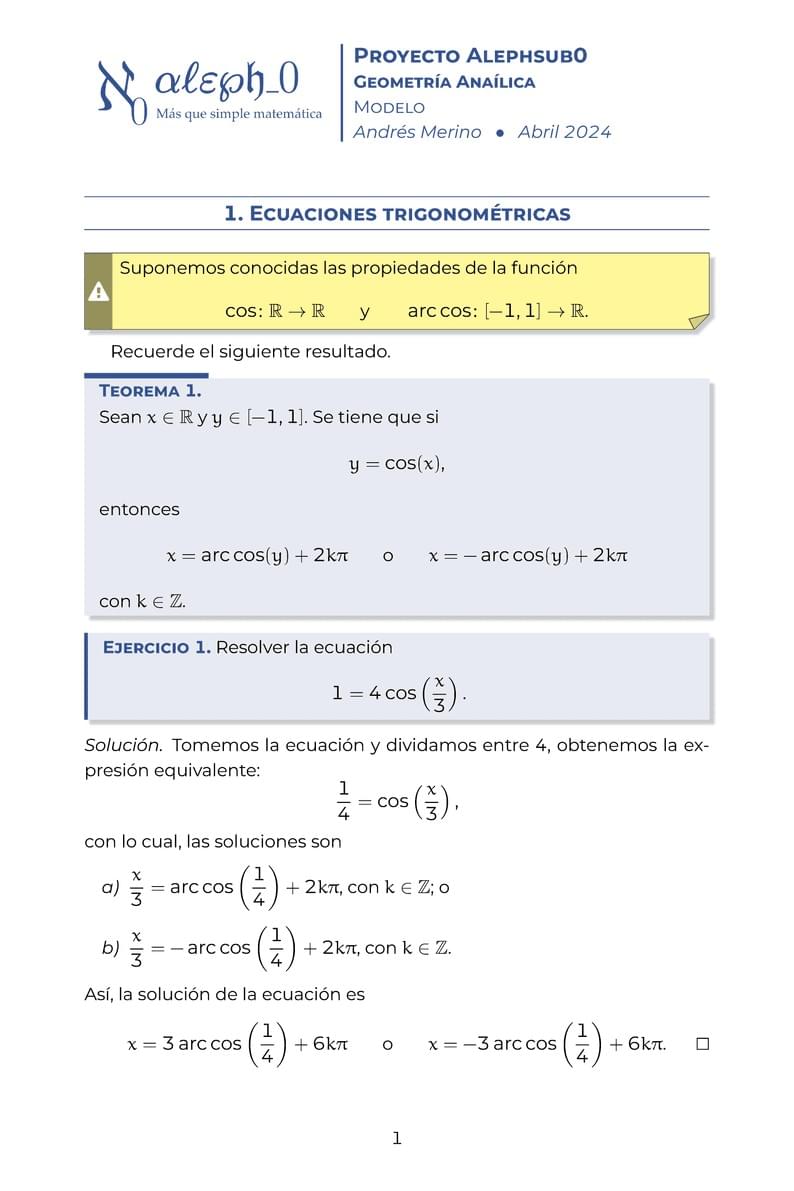
Plantilla para escribir resúmenes de clase basados en la clase aleph-notas.cls del proyecto Alephsub0
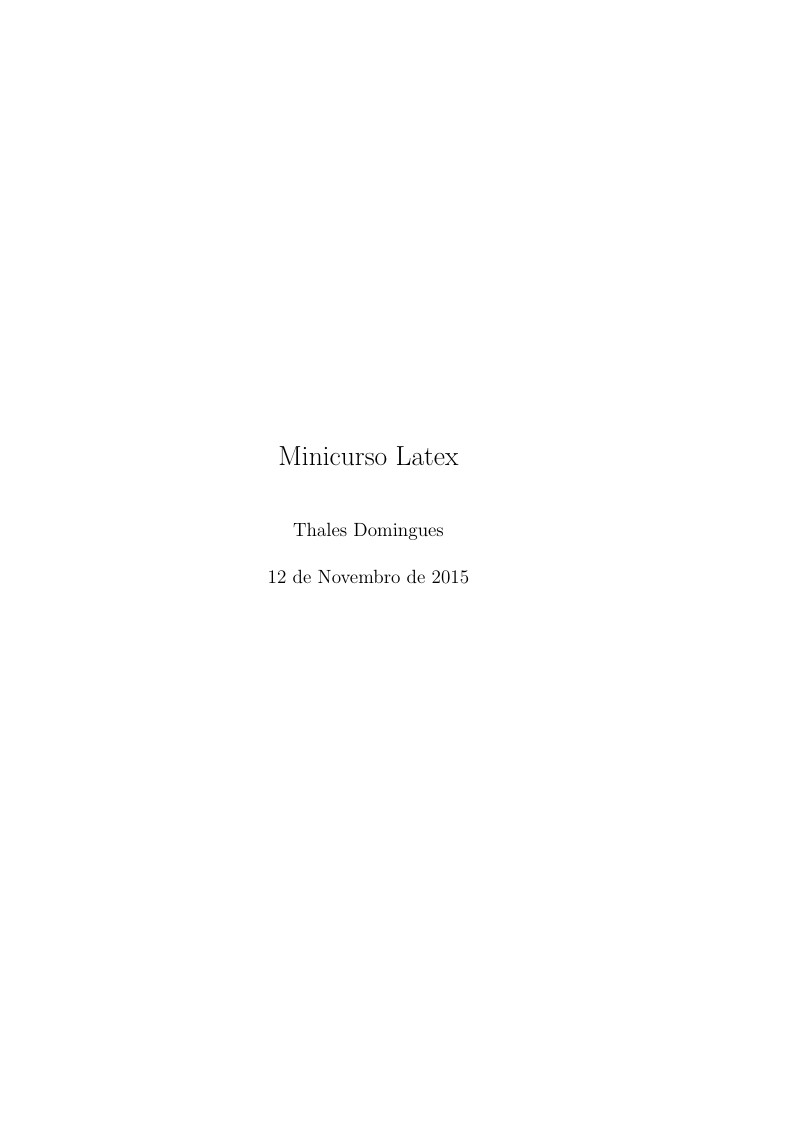
First Class
\begin
Discover why over 25 million people worldwide trust Overleaf with their work.
